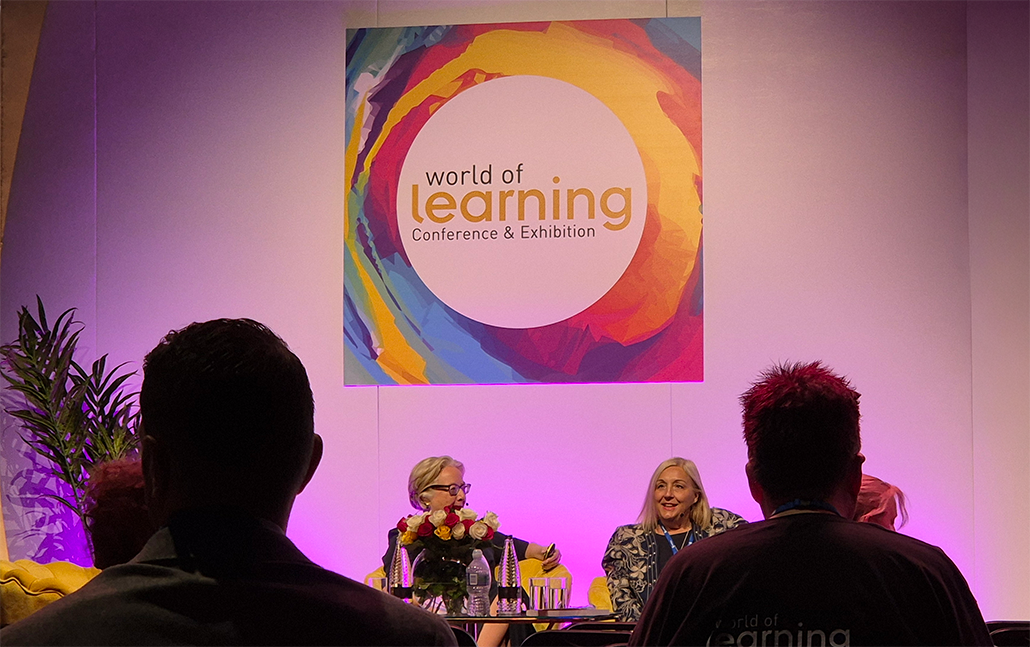What makes us human is our key to the future, says Dr. Dave Walters.
Reading time: 3m 30s.
Artificial Intelligence will ‘kill off’ five million jobs by 2020, according to the more alarmist headlines. While AI threatens hundreds of thousands of posts in the retail and administration sectors, top professions such as the law and medicine are also set to be transformed by the ‘march of the robots’.
Advances in AI have poured fuel on to the debate about the value of ‘learning by rote’. Are schools, under enormous pressure from government and schools inspectorate Ofsted to deliver ever-better exam grades, responding by priming a generation of students simply to remember, recall and regurgitate facts just as the need for those skills is being usurped by Siri and Alexa?
If we want our children to succeed in a future where so many jobs will be dominated by automation, we should educate them with skills unique to human beings. In other words, what do we as a species have going for us that the computers don’t – and are unlikely to for at least a while?
One of the most important is cognitive skills.
According to Benjamin Bloom’s hierarchy of thinking, the least complex (lower order) thinking skills form the base of the pyramid with the most complex (higher order) skills at the peak. Put simply, the higher up the pyramid you go, the safer you are from the rising tide of machines.
If we want our children to succeed in a future where so many jobs will be dominated by automation, we should educate them with skills unique to human beings.
Thinking Schools, in which these higher-order skills are taught, can be found all over the UK, and in Dubai, Lithuania, Norway, New Zealand, Egypt, Nigeria and Thailand. There is growing recognition that they drive the type of unique thinking skills and intelligent learning behaviours that we need in an increasingly technological world.
At the centre of Thinking Schools is the use of a common ‘thinking language’ used in each subject, by each teacher and by each pupil. Mirroring how we absorb information, part of that language is a visual one.
Thinking Schools use visual tools that help transform information into knowledge. By ‘seeing’ their thinking structured and clarified, students become aware of the different thinking processes involved. This leads to deeper learning and the development of higher-order thinking skills such as analysing, evaluating and creating.
The ‘thinking language’ also includes developing intelligent learning behaviours (such as resilience and growth mindset) as well as a focus on developing a questioning community. These equip young learners with skills that will enable them to cope in an unknown future. A Thinking School creates questioning, thinking, independent learners who have a true understanding of their own learning (metacognition).
Problem-solving skills rate as one of the top skill sets employers value. Nobody wants an employee who can’t think for themselves and comes running every time something goes wrong. Even if problem-solving skills aren’t included in a job description, employers expect candidates to have them.
Developing independent learners capable of fulfilling their potential and succeeding ammid the rise of the robots must be the true goal for educators in the 21st century. After all, the machines are our creation. The key is to develop the intelligences and skills to get them to work for us.
About the author
Dr. Dave Walters is director of research at Thinking Matters.



